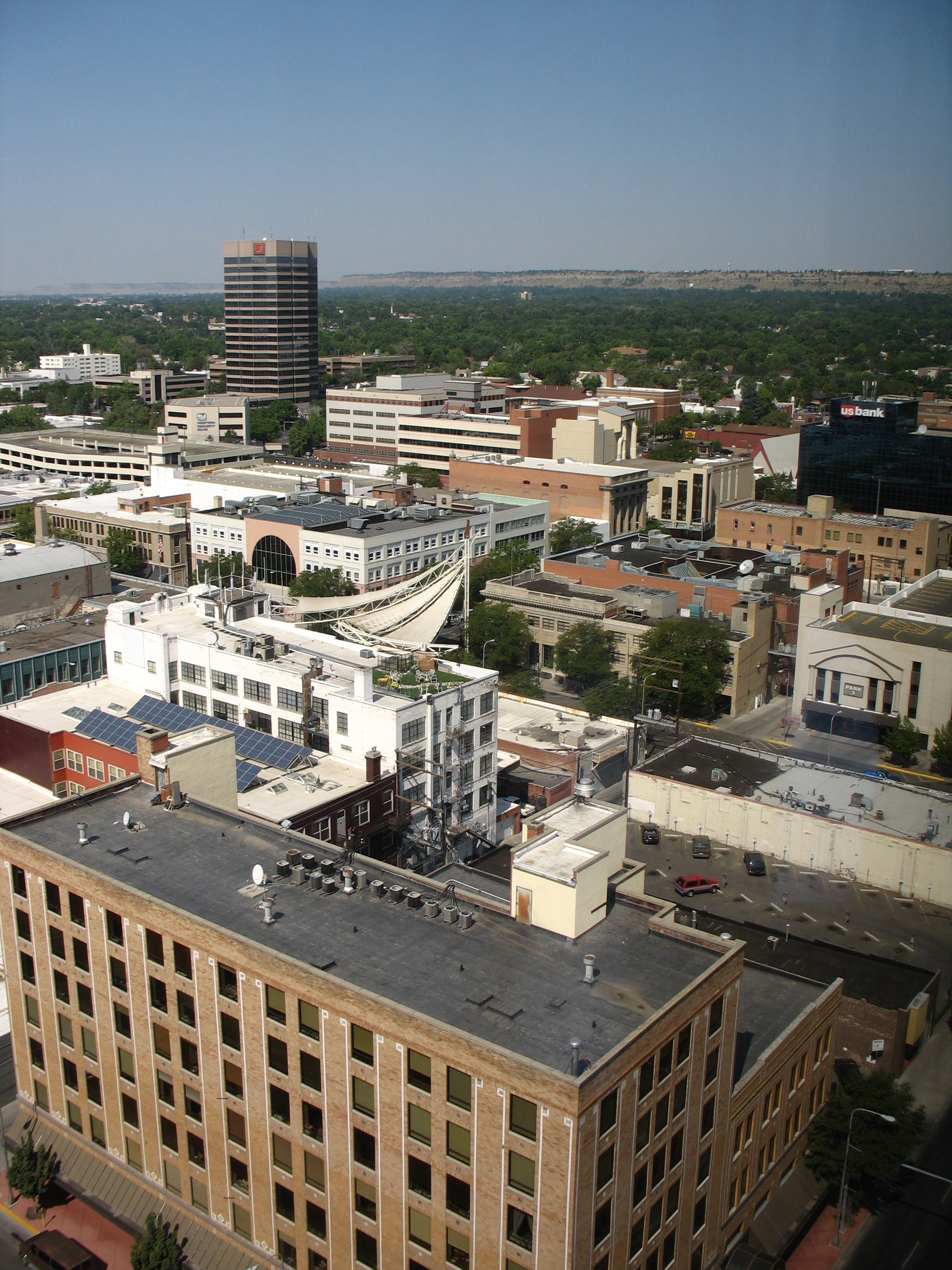Downtown Meeting to Put Public Safety at Forefront
It’s been a year since Billings business people and property owners packed the house at a public meeting about what can be done to address a growing problem in the city regarding street dwellers, including homeless people, substance abusers, vagrants, and partiers, who overstay their welcome.
Since then, while there have been some steps forward in dealing with the problem, there’s more that must be done, and the Billings Chamber of Commerce has put it on the forefront of programs for the coming year. “Public Safety issues have been identified by our business community as a priority that needs to be addressed. From Downtown to the West End, the Heights and Southside, public safety issues exist throughout Billings,” declares the Chamber.”
“People were appreciative of having been able to connect with each other,” said Daniel Brooks, Business Advocacy Manager for the Chamber. To facilitate continued dialogue and networking, the Chamber is helping to host another public discussion on October 2, from 8 – 10 am at the Northern Hotel. To RSVP go to https://forms.gle/o1vkzVLDgFtesio49.
“To get to know our neighbors is important,” said Mike Nelson, owner /manager of the Northern Hotel, who is one of the business people in downtown Billings leading the charge.
Nelson announced the community meeting at the Big Sky Economic Development (BSED) executive board meeting last week. BSED Executive Director Steve Arveschoug said that BSED wants to be supportive of the effort.
Emphasizing the importance of the initiative, Mike Seppala, Western Security Bank, said that the economic vitality of the downtown depends upon it. “If nothing is done,” he said, the area will be “extremely compromised. People aren’t willing to go downtown already.”
Among the solutions that have been proposed is to increase the presence of police. The city council is currently contemplating an increase in mill levies to provide more public safety funding. But, says Brooks, “a public safety levy is only a part of the solution. Businesses really want to take charge and take some action steps.” The goal is to find ways to empower businesses.
The problem with focusing just on police intervention is that there is no room in the jail. Among other possible solutions is to curb the sale of “single serve” cans of high alcohol content products. “We have talked with a couple of businesses in corridor,” who are willing to make that change, he said.
“Businesses are ready to take responsibility for their neighborhoods by forming business-to-business small groups that watch out for each other, and hold businesses who enable criminal mischief accountable,” reads the announcement sent to members by the Chamber.
Businesses are also ready to make investments in their properties as recommend by the Crime Prevention Through Environmental Design (CPTED), which was the focus of last year’s public meeting. certified, creating a deterrence to crime.
The CPTED strategy is that of cleaning up areas, trimming vegetation, improving lighting and improving visual aspects of areas as a means to deter vagrancy or criminal activity in any area. A number of local leaders, including Brooks, are taking advantage of the CPTED program training to become certified to identify problems and to recommend solutions.


0 comments